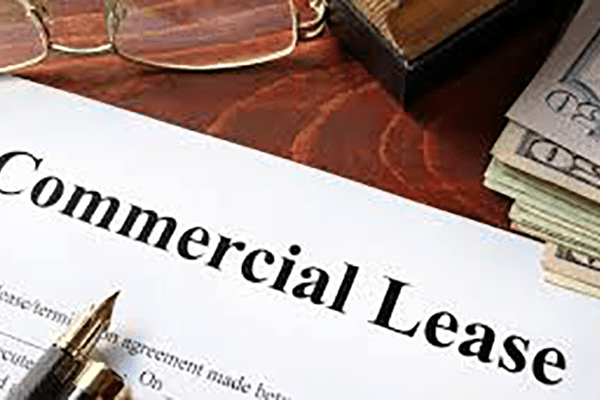|
RCBJ-Audible (Listen For Free)
|
Net Leasing Holds Steady Year-To-Date; Explodes In Warehouse Sector
By Judith Bachman
While the pandemic upended many things, one thing remains constant: landlords prefer ‘net leasing’ to any other lease terms. Even the pandemic didn’t change that.
 A net lease, as opposed to a gross lease, is one in which the tenant pays both rent and some of the expenses associated with the property. There are three types of net leases: single, double and triple net leases. In a single net lease, the tenant pays base rent plus property taxes. In a double net lease, the renter pays property taxes and insurance premiums, in addition to the base rent. A triple net lease includes property taxes, insurance, and maintenance costs and obligations, in addition to the base rent.
A net lease, as opposed to a gross lease, is one in which the tenant pays both rent and some of the expenses associated with the property. There are three types of net leases: single, double and triple net leases. In a single net lease, the tenant pays base rent plus property taxes. In a double net lease, the renter pays property taxes and insurance premiums, in addition to the base rent. A triple net lease includes property taxes, insurance, and maintenance costs and obligations, in addition to the base rent.
In each one of these net lease arrangements, the landlord can shift both costs and responsibilities to the tenant. To the extent a property owner hopes to achieve truly passive investing status, net leasing is the pathway to do that.
Of course, net leasing has its draw backs as well. First, rents are generally lower with net leases than gross leases—the more expenses a tenant has to bear, the lower the base rent a landlord can charge. With lower base rents, that might affect the landlord’s ability to finance the property.
Additionally, in a net lease the landlord is depending heavily on the tenant’s prospects for success and its ability to pay both the rent and the property expenses. That is why many landlords will only entertain national or so-called credit worthy tenants for triple net lease properties.
With all the considerations, net leasing remains strong through the COVID crisis.
“Much like the global financial crisis trend we experienced over a decade ago, net-lease properties continue to attract interest during this downturn as investors seek long-term dependable cash flows,” Will Pike, vice chairman of net lease properties for capital markets at CBRE said.
In a recently released by CBRE, the volume of net leasing transactions in the New York market ($319 million) was exactly the same when comparing the first quarters of 2020 and 2021. Unsurprisingly, the biggest increase in net leasing activity in New York through the pandemic was in the industrial/warehouse sector, which rose a whopping 193 percent.
As attractive net leasing is to landlords, it holds appeal for tenants as well. Net lease properties often allow tenants full control over the building. Tenants can often build out the space to their specifications. They can maintain the property at cost and often avoid property management fees and overhead charged by landlords. And again, base rents are lower so the property may be more affordable than in a gross lease arrangement.
Judith Bachman is the founder and principal of The Bachman Law Firm PLLC in New City. judith@thebachmanlawfirm.com 845-639-3210, thebachmanlawfirm.com











